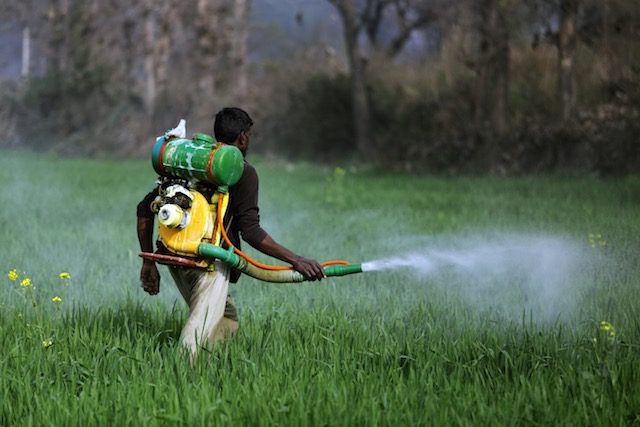SUMMARY
This is AI generated summarization, which may have errors. For context, always refer to the full article.

MIAMI, USA – A global study of pesticides in streams and waterways released Monday, April 13, found that such pollution is rare, but when found it exceeded regulatory limits about half the time.
The study in the Proceedings of the National Academy of Sciences, a peer-reviewed US journal, was based on a review of more than 800 studies conducted in 73 countries over the past 5 decades.
Of the some 2,500 aquatic sites covered, just 2.6% of the samples contained measurable levels of insecticides.
Researchers looked for 28 commonly used insecticides representing all major insecticide classes.
“At the sites containing insecticides, 52.4% of the detections exceeded regulatory thresholds,” said the findings.
The study was led by Sebastian Stehle and Ralf Schulz at the Institute for Environmental Sciences at University Koblenz-Landau in Germany.
“Threshold level exceedances were high even in highly regulated countries and were pronounced for new-generation insecticides.”
Researchers warned that the high levels of pesticide contamination they did find “constitutes an excessive threat to aquatic biodiversity,” said the study.
“Overall, our analysis suggests that fundamental revisions of current regulatory procedures and pesticide application practices are needed to reverse the global environmental impacts of agrochemical-based high-intensity agriculture.” – Rappler.com
Add a comment
How does this make you feel?
There are no comments yet. Add your comment to start the conversation.